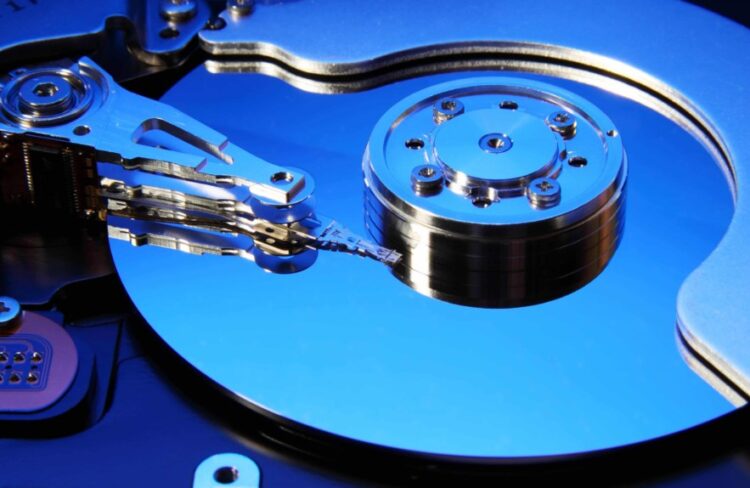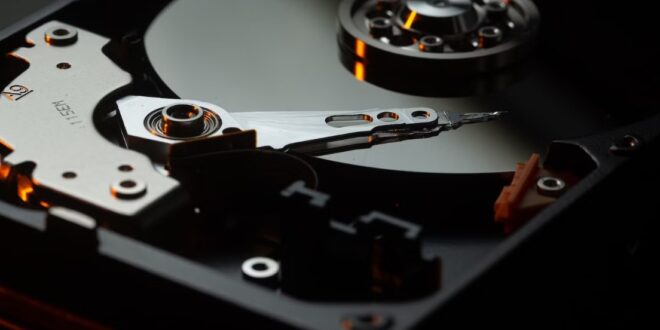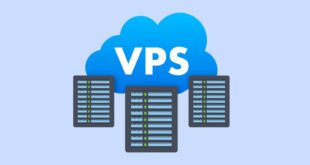In today’s world of ever-increasing data storage requirements, it is essential to optimize hard drive efficiency for optimal performance. One way to achieve this is by managing the partitions on your hard drives effectively.
In this article, we will discuss various tips and tools that can help you get the most out of your hard drive, with a special focus on partition management.
The Importance of Partition Management
The process of partitioning allows users to divide their hard drives into multiple sections or partitions, each acting as an independent storage unit. Free partition software can help improve hard drive efficiency by providing better organization, reducing read-write head movement, and enhancing data security. With efficient management, users can easily resize, merge, or delete partitions without losing data.
Choose the Right File System
The file system determines how data is stored, organized, and accessed on the partition. Some of the most common file systems include NTFS (New Technology File System), FAT32 (File Allocation Table 32), and exFAT (Extended File Allocation Table). Each file system has its own set of advantages and limitations, so it’s essential to choose the one that best suits your needs.
Optimize Size

Creating smaller partitions can help reduce the risk of data loss in case of a failure, while larger parts can provide better performance in certain situations. It’s important to consider your storage needs and usage patterns when deciding on sizes.
Use Management Tools
Using partition management tools, like MiniTool Partition Wizard 12.7, can significantly simplify the process of creating, resizing, and managing HDDs. These tools offer an intuitive interface that allows users to perform various tasks with ease. Some of the key features of MiniTool Partition Wizard 12.7 include:
- Create, resize, move, merge, and delete partitions
- Convert file systems, such as FAT32 to NTFS and vice versa
- Clone hard drives
- Recover lost or deleted partitions
- Optimize disk space usage
- Test disk surface for errors and bad sectors
Regularly Defragment Your HDD
Defragmentation is the process of rearranging the files on a hard drive to improve performance. Over time, files can become fragmented, with bits and pieces scattered across the hard drive. This can lead to slower read-write speeds and reduced overall efficiency. Regularly defragmenting your HDD can help maintain optimal performance by reducing fragmentation.
Backup Your Data

One of the most critical aspects of HDD management is ensuring that your data is safe and secure. Regularly backing up your data to an external drive or cloud storage service can help protect against data loss in case of failure or other hard drive issues.
Keep Your Hard Drive Healthy
Maintaining the overall health of your hard drive is essential for maximizing efficiency. This includes:
- Monitoring hard drive temperature ─ Overheating can lead to reduced performance and potential hard drive failure. Ensure that your hard drive remains within the recommended temperature range.
- Regularly checking for errors ─ Using a tool like MiniTool Partition Wizard, you can scan your hard drive for bad sectors and other issues that may impact performance.
- Updating firmware and drivers ─ Keeping your hard drive firmware and drivers up-to-date can help improve performance and stability.
Conclusion
Hard drive efficiency is essential for efficient computing. Partition management tools can help you optimize your partitions and maximize the performance of your hard drive. By following these tips, you can make sure that your storage is optimized to get maximum performance and reliability out of it.
If you have any further questions or need additional advice on how best to manage your partitions, please reach out to an experienced technician who can offer expert advice tailored to meet your individual needs.
 Hi Boox Popular Magazine 2024
Hi Boox Popular Magazine 2024



